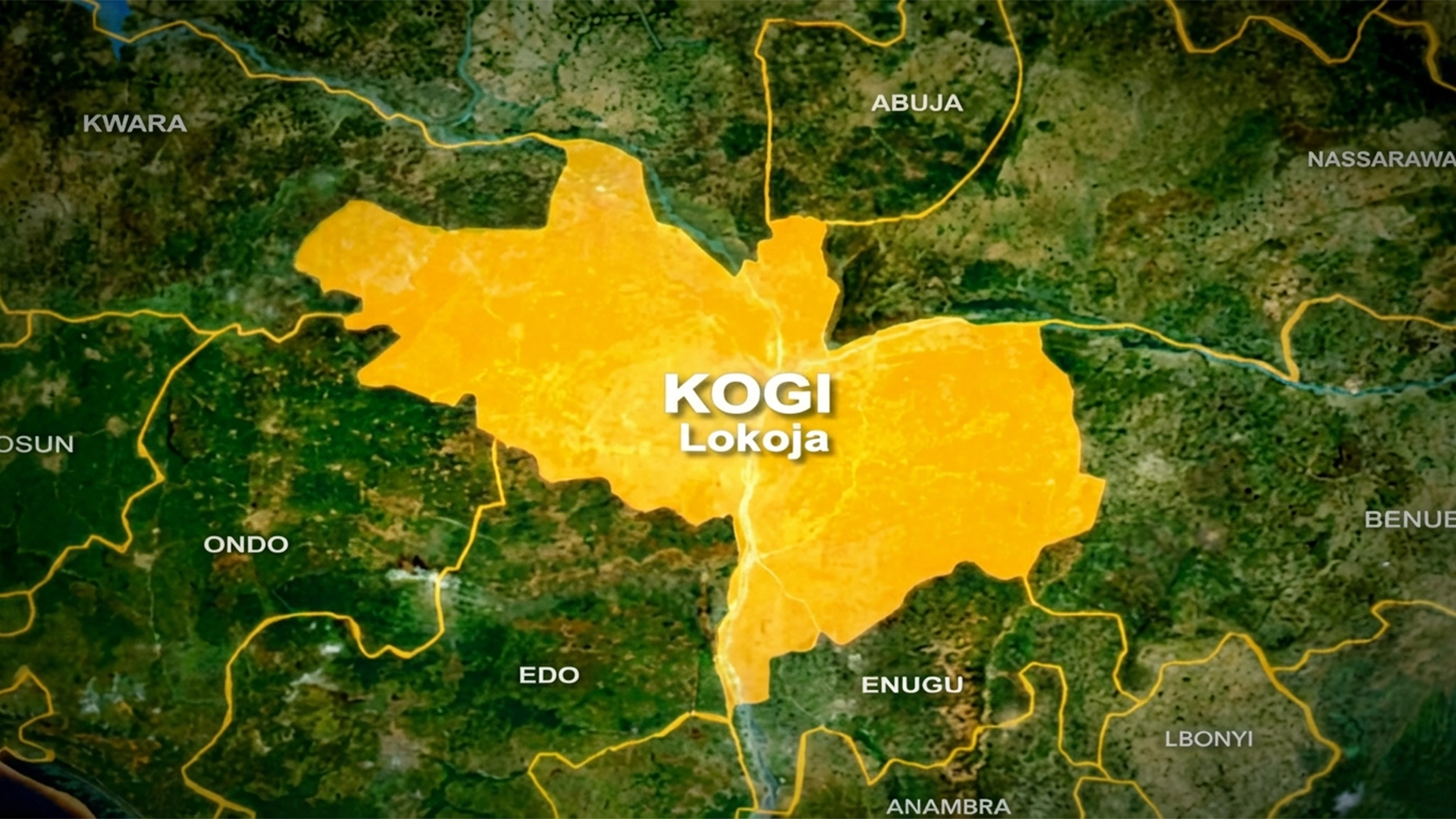Kwara State Governor, AbdulRahman AbdulRazaq, has welcomed President Bola Tinubu’s decision to ban the export of raw shea butter, describing the move as a deliberate step that would boost local production, strengthen the value chain, and increase Nigeria’s share of the global market.
The presidential directive, announced recently as part of measures to expand non-oil revenues and industrial growth, comes at a time when Kwara is preparing to launch its 50-tonne shea processing factory in Kaiama.
The shea butter factory, one of the flagship economic projects of the AbdulRazaq administration, has been designed to transform the largely informal shea trade in Kwara into a structured value chain that benefits farmers, processors and exporters.
The governor noted that the President’s directive would stimulate local production, enhance quality, and generate jobs across the sector. He stressed that shea, which is in high demand in the global cosmetics, pharmaceutical and food industries, remains a natural resource capable of creating wealth for local communities if properly harnessed.
According to him, the factory in Kaiama is strategically located to stimulate economic activities in Kwara North, an area with abundant shea resources but with limited industrial opportunities.
He pointed out that the project has the potential to employ hundreds of local workers, particularly women, who dominate the shea nut picking and pre-processing stages.
“Locating the factory within Kaiama puts the people at the centre of local shea production, ensures local ownership of benefits such as job creation, reduced post-harvest losses, and value retention in Kaiama,” the governor said in a statement yesterday.
“This project exemplifies backward and forward integration, as it combines raw material sourcing, processing and market access in one locality. It will serve as a catalyst for rural development and provide a model for other states,” he added.
Industry experts note that Nigeria remains one of the largest producers of shea nuts globally, accounting for about 57 per cent of the world’s supply.
However, due to the export of raw nuts and butter without value addition, the country earns far less than it should from the international market, which is dominated by Ghana, Burkina Faso and Côte d’Ivoire.
The President’s ban on raw exports is, therefore, seen as a policy shift that could encourage states and private investors to set up more processing facilities, thereby retaining value locally.
For Kwara, the move offers an opportunity to leverage its vast shea resources and consolidate its position as a major player in the sector. Kwara and Niger states, among others, are at the heart of shea nut cultivation in Nigeria.
Kwara North alone is credited with over 250,000 naturally producing trees spread across 6,000 hectares of land, making it one of the richest belts of shea resources in West Africa.
Stakeholders have long argued that if properly developed, the shea industry could rival cocoa as a major non-oil foreign exchange earner for Nigeria. With rising global demand for organic oils and natural cosmetics, the sector has been identified as one of the fastest-growing agricultural value chains in Africa.
Governor AbdulRazaq’s administration, through the Kaiama project and related interventions, appears determined to position Kwara as a leading destination for shea investment. The state government has also pledged to work with cooperatives, donor agencies and private investors to expand the sector.
For the people of Kwara North, the factory represents more than an industrial project. It is expected to open up new opportunities for farmers, improve incomes for women pickers, and reduce the exploitation often faced by small producers who sell raw nuts cheaply to middlemen.
With the federal ban on raw shea exports now in place, industry watchers believe states like Kwara stand to benefit the most, provided the infrastructure, market linkages and quality control systems are effectively managed.






